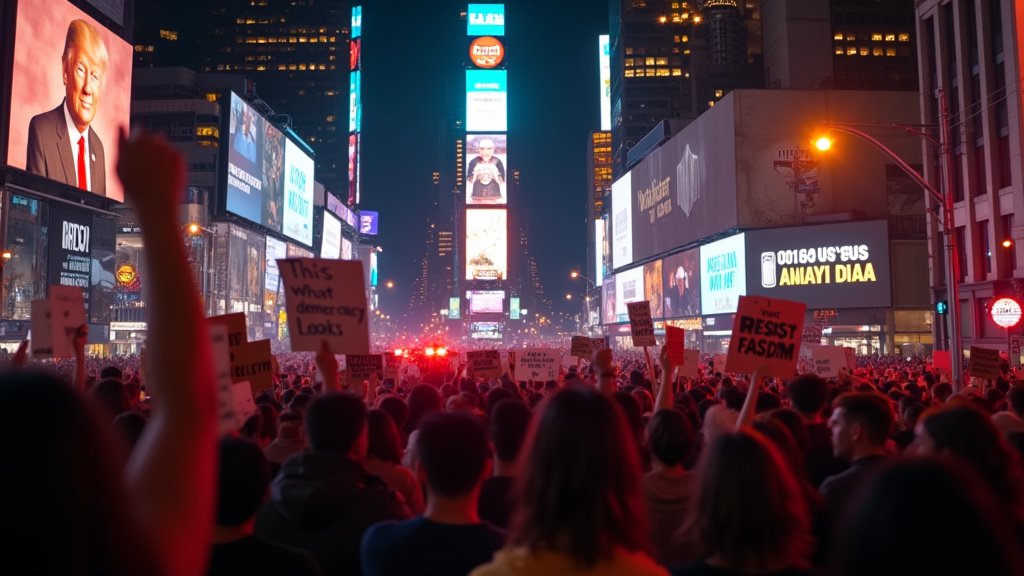The Munich Security Conference (MSC), held from February 16 to 18, 2024, celebrated six decades as the premier global forum for discussing critical issues related to international security and diplomacy. Against a backdrop of heightened geopolitical tensions, climate concerns, and technological advancements, the 60th MSC brought together political leaders, defense experts, academics, and representatives from international organizations, reaffirming its role as a keystone event for shaping global security policy.
The Legacy of the Munich Security Conference
Founded in 1963 as a gathering of transatlantic allies, the MSC was initially intended to address Cold War tensions. Today, it has evolved into a broader, more inclusive platform where stakeholders from around the world gather to deliberate on a wide spectrum of security issues, including regional conflicts, nuclear proliferation, cyber warfare, and climate security. With its 60th anniversary, the 2024 MSC underscored the importance of sustained, cooperative dialogue as global challenges become increasingly interconnected and complex.
Key Themes and Critical Discussions
This year’s conference covered a range of themes that reflect the dynamic and multifaceted nature of global security. Let’s take a closer look at some of the primary topics that dominated the discussions.
1. Global Security Challenges: Navigating Uncertainty in a Multipolar World
One of the MSC’s central discussions revolved around the shifting landscape of international relations and the rise of new geopolitical threats. As the world moves toward a more multipolar order, traditional alliances and security strategies are being tested. Key sessions addressed the increased tensions between major powers and the need for new frameworks to maintain stability, particularly in regions like the Indo-Pacific and Eastern Europe.
The dialogue explored potential pathways for minimizing escalations and building resilient alliances, with many leaders stressing that collaboration among allied nations is more critical than ever. The impact of evolving military technologies, such as hypersonic weapons and autonomous drones, was also a focal point, raising ethical concerns and highlighting the need for regulatory frameworks to govern their use.
2. Ukraine: Sustaining Support Amid Prolonged Conflict
The ongoing conflict in Ukraine remained a pivotal topic throughout the MSC, with global leaders expressing their commitment to providing ongoing support for Ukraine. Discussions focused on the nature of this support—ranging from military assistance to humanitarian aid—and the steps necessary to prevent further regional destabilization. Ukrainian representatives made urgent appeals for continued Western backing, emphasizing the fight for sovereignty and democratic values.
Sessions related to Ukraine also examined the broader implications of this conflict for European security. Many European leaders advocated for a unified defense policy within the EU, suggesting that greater military cooperation is essential to deterring future aggressions. There was also significant debate on NATO’s evolving role and whether further expansion in Eastern Europe is necessary to maintain security.
3. Energy Security: Reinventing Europe’s Energy Future
With energy supply chains disrupted by the conflict in Ukraine and tensions with Russia, the MSC placed considerable emphasis on energy security. European countries are rapidly working to diversify their energy sources, with a focus on renewable energy, green technology, and building robust energy infrastructure to reduce dependency on foreign suppliers.
Discussions at the MSC highlighted the role of nuclear energy in achieving energy security while meeting climate goals, a topic of significant interest given Europe’s recent energy shortages. Leaders from the energy sector and policy-makers underscored the need for public-private partnerships to accelerate the transition to renewable energy sources, while addressing the logistical challenges of implementing a sustainable, resilient energy grid that can withstand future crises.
4. Migration: Addressing the Security Implications of Mass Displacement
Migration, both as a humanitarian and security issue, featured prominently at the 2024 MSC. With political instability, conflict, and climate change driving mass displacement across borders, Europe is faced with complex challenges related to migration management.
The MSC provided a forum for leaders to share perspectives on effective migration policies that respect human rights while addressing national security concerns. Countries on the front lines of migration flows voiced the need for a collective, cooperative approach that includes shared responsibility, infrastructure support, and economic assistance to regions most affected by displacement. This approach would not only aim to stabilize borders but also reduce the social and economic strain on host nations, a critical step in maintaining public support for migration policies.
5. Climate Security: Recognizing Environmental Risks to Global Stability
In recent years, the MSC has increasingly focused on the security implications of climate change. This year, the emphasis was on understanding how climate-induced instability—such as extreme weather, food insecurity, and water scarcity—exacerbates conflicts and fuels migration.
Experts advocated for a proactive approach that integrates climate resilience into national security strategies. Several European nations proposed green initiatives tied directly to security funding, underscoring that investment in sustainable infrastructure can simultaneously address environmental and security challenges. The MSC also highlighted the role of international cooperation in adapting to climate risks, with calls for a new global framework that links climate policies and security objectives.
6. Technological Advancements and Cybersecurity: Balancing Innovation and Security
As technological advancements reshape every sector, the MSC 2024 delved into the dual-edged nature of technologies like artificial intelligence (AI), quantum computing, and digital surveillance. While these innovations hold significant potential for enhancing global security, they also present unprecedented risks.
Sessions on AI discussed its applications in intelligence gathering, military strategy, and decision-making, while also cautioning against misuse and unintended consequences. Many experts urged governments to create ethical guidelines for AI deployment, emphasizing transparency, accountability, and human oversight as essential components. The MSC also featured cybersecurity discussions, with leaders stressing the importance of international collaboration in protecting critical infrastructure from cyber threats. With recent high-profile cyberattacks on power grids, financial systems, and government networks, strengthening cybersecurity is seen as imperative to maintaining national security.
Notable Participants and Influential Voices
The 2024 MSC attracted a diverse range of participants, including heads of state, defense ministers, industry leaders, and academic experts, each bringing unique perspectives to the conference.
- Political Leaders: Heads of state from countries across Europe, North America, Asia, and the Middle East presented their visions for addressing the current security landscape, emphasizing the need for both regional and global cooperation.
- Defense and Foreign Ministers: These officials provided insight into military strategies, joint exercises, and the importance of collective defense arrangements. Their contributions were instrumental in shaping the discussions around NATO and other strategic alliances.
- Experts and Academics: Leading scholars and analysts from the fields of security studies, environmental science, and technology offered in-depth analyses and forecasts, helping participants understand the multifaceted nature of emerging security threats.
Public Engagement Initiatives
To encourage broader public understanding and involvement, the MSC 2024 also included several public-facing events that connected security discussions with the public.
- Townhall Meetings: These sessions brought together MSC participants with the public, allowing for an open dialogue on security policies, and offering citizens a voice in the discussions.
- Innovation Night: This annual event showcased emerging technologies and innovations that can play a role in security, from AI-driven surveillance tools to clean energy solutions designed for climate resilience.
- Cultural Events: Cultural diplomacy plays a significant role at the MSC, where cultural events and exhibitions underscored the importance of soft power in fostering international understanding and unity.
Outcomes and Next Steps
While the MSC does not produce formal agreements, it serves as a launching point for diplomatic initiatives and security strategies that resonate far beyond the event itself.
- Strengthened Alliances: This year’s MSC fostered renewed commitments among allied nations, with pledges to share intelligence, collaborate on technological advancements, and support joint defense initiatives.
- Policy Frameworks: Key topics discussed at MSC 2024, such as climate security and AI governance, are likely to influence policy development in many countries, contributing to a comprehensive approach to 21st-century challenges.
- Continued Dialogue: The MSC reaffirms its role as an essential platform for continuous engagement, ensuring that discussions on security issues remain active and evolving as global dynamics shift.
Reflecting on the Legacy of the MSC
The 60th Munich Security Conference highlighted how far the forum has come in bridging gaps between nations and encouraging cooperative solutions to global problems. The conference’s legacy as a cornerstone of diplomatic engagement and collective security endures, with its influence reaching policymakers, academics, and the public. As the MSC continues to adapt to the evolving landscape of international relations, it remains a beacon for shared values, trust-building, and proactive leadership.




